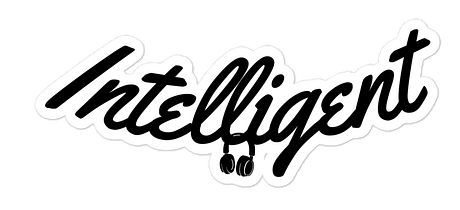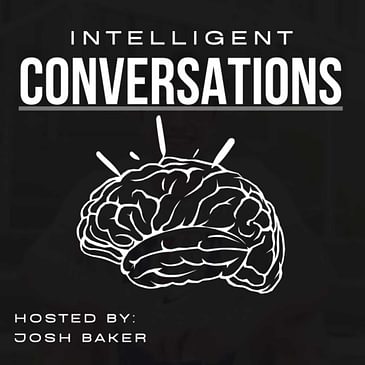Listen to Walter Holmes share his thoughts on improving how students learn. Walter is the founder of The Village, which is a collaborative student/community development initiative to address the whole person needs of local students. He has served in the US Air Force, developed a stock market game that is still used today by many educators, and has been leading the charge for educational reform for many decades. He uses different metrics that encourage student growth rather than student results. Tune in now to learn more about Walter Holmes!
Hosted By: Josh Baker
Guest(s): Walter Holmes
You can engage with Walter's work by going to
https://www.villageportal.org/contact.aspx!
Follow the Intelligent Conversations on Social Media to
stay updated!
Subscribe to Intelligent Conversations on Your Favorite
Place to Listen!

